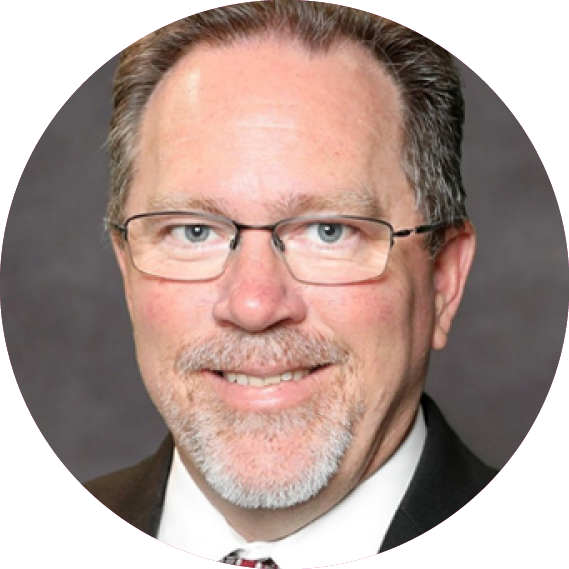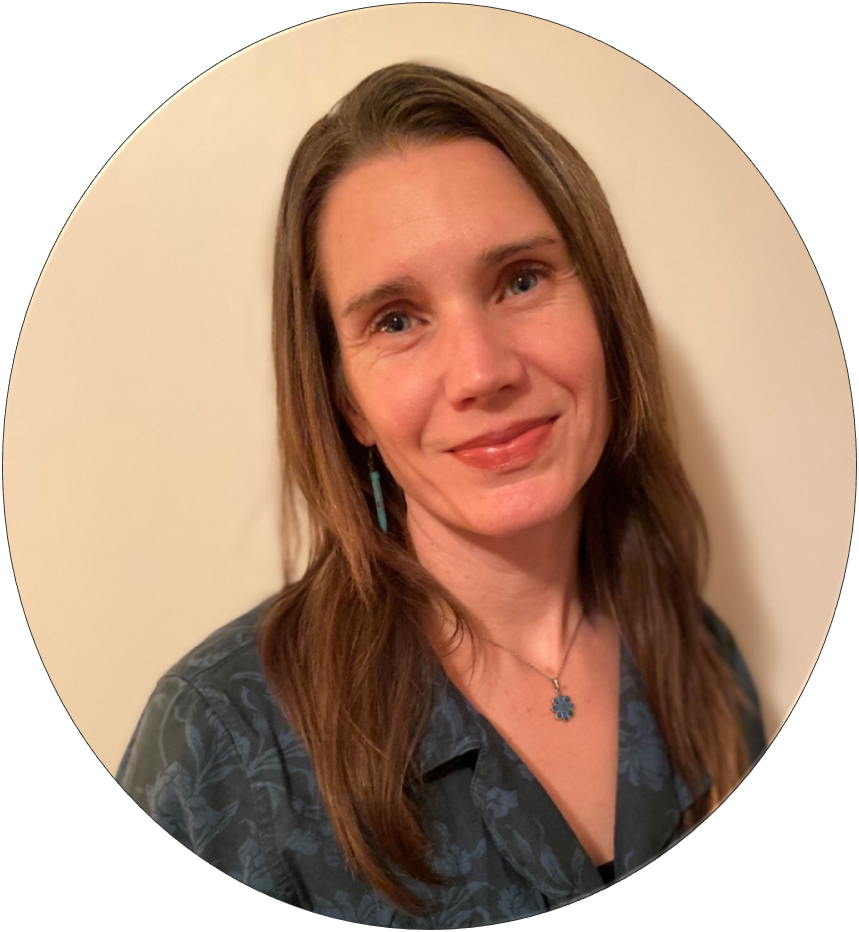About Us
The California Hub and Spoke System (H&SS) is supported by funding from California’s State Opioid Response (SOR) III grant, provided by the U.S. Substance Abuse and Mental Health Services Administration (SAMHSA).
This grant supports the state in addressing the opioid and stimulant use disorder crises in California. This is the third round of funding for H&SS programming in California.
UCLA Integrated Substance Abuse Programs (ISAP) provides training, technical assistance, and implementation support through regionalized Learning Collaboratives and ongoing training and mentorship opportunities.
Aurrera Health Group manages Government Performance and Results Act (GPRA) data collection.
California Opioid Maintenance Providers (COMP) provides technical assistance, consultation, webinars, Learning Collaboratives, and affinity groups.
Purpose of H&SS
- Improve access to MAT for marginalized populations;
- Improve MAT provider infrastructure, including appropriate telehealth services and expanded service hours; and
- Broaden the concept of the patient population from the individual to include the family to maximize recovery capital, support family resilience, and destigmatize treatment.
H&SS organizations and providers also offer:
- Harm reduction programming in tandem with community education and outreach. Harm reduction is a person-centered approach to SUD that focuses on reducing negative consequences of substance use and offering low-barrier access to services, rather than focusing on complete abstinence or strict inclusion criteria for treatment. Harm reduction “meets the client where they are” and gives them the tools they need to reduce harm right away.
- Family and youth programming in coordination with family-focused services.
- Increased support for innovative models to serve individuals experiencing homelessness.
- Collaboration with county behavioral health care agencies and other OUD/SUD service providers to offer MAT (or immediate referrals to MAT), decreasing barriers to MAT access.
Project Leadership

Geoff Henderson
Project Director
Geoff is a senior program manager at AHP with more than 30 years of experience in addictions counseling. He is the former lead for Round 5 of the Behavioral Health Continuum Infrastructure Program (BHCIP) grant. Before joining AHP, Geoff was vice president for a statewide addiction and behavioral health agency and provided administrative leadership and program development for all in-custody programming and post-release reentry for a California county sheriff’s department. Geoff also served as associate professor in a human services drug treatment and mental health counseling occupational certificate program.

Susan DeSalvo
Susan is a senior program manager at AHP with more than 30 years of experience in nursing, healthcare education, grant coordination, and management. She has worked in the OUD/SUD field since 2015, when she spearheaded her local opioid coalition: SafeRx in Lake County, California. She then moved into the recovery side of the opioid crisis and helped to start seven grant-funded MAT programs, in addition to managing multiple SUD/OUD grants for Adventist Health Clear Lake. Susan has developed and implemented Healthy Lifestyle educational programs, workplace wellness programs, and assisted in bringing more than $25 million into Lake County to support behavioral health initiatives. She is also a preventive medicine activist, Healing Touch Certified Practitioner and Instructor, and owner of a fitness studio.

Emily Gibeau
Emily has twenty years of experience in the field of public health in a variety of settings. She held roles at the PA Department of Health including Director of the Office of Operational Excellence, and Director of Quality Improvement and Performance Management. She has held roles as a Program Coordinator at Temple University’s School of Medicine, at the Philadelphia Department of Public Health, and at Prevention Point Philadelphia’s syringe access program. Her experience in public health program coordination work includes program design and development, implementation, tracking and monitoring, reporting, and evaluation. She received a BFA Parsons School of Design and a BA from Eugene Lang College at the New School in New York City, earned a Master’s in Public Health from Temple University in Philadelphia, and holds certificates in Lean/Six Sigma.
